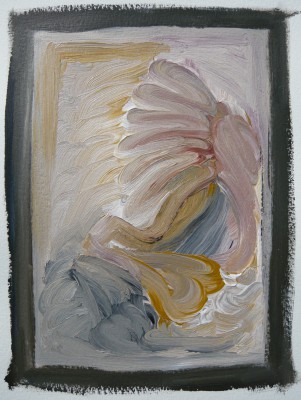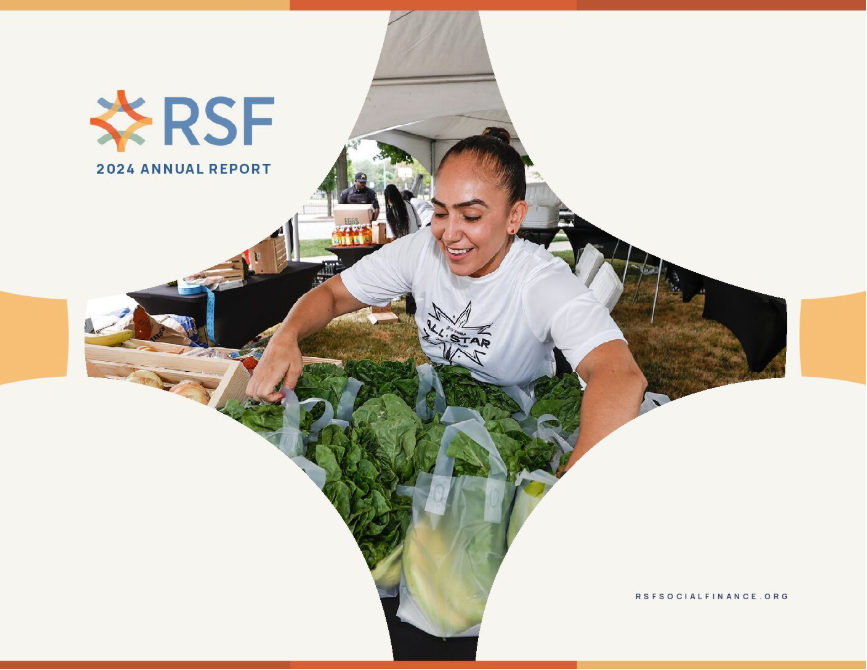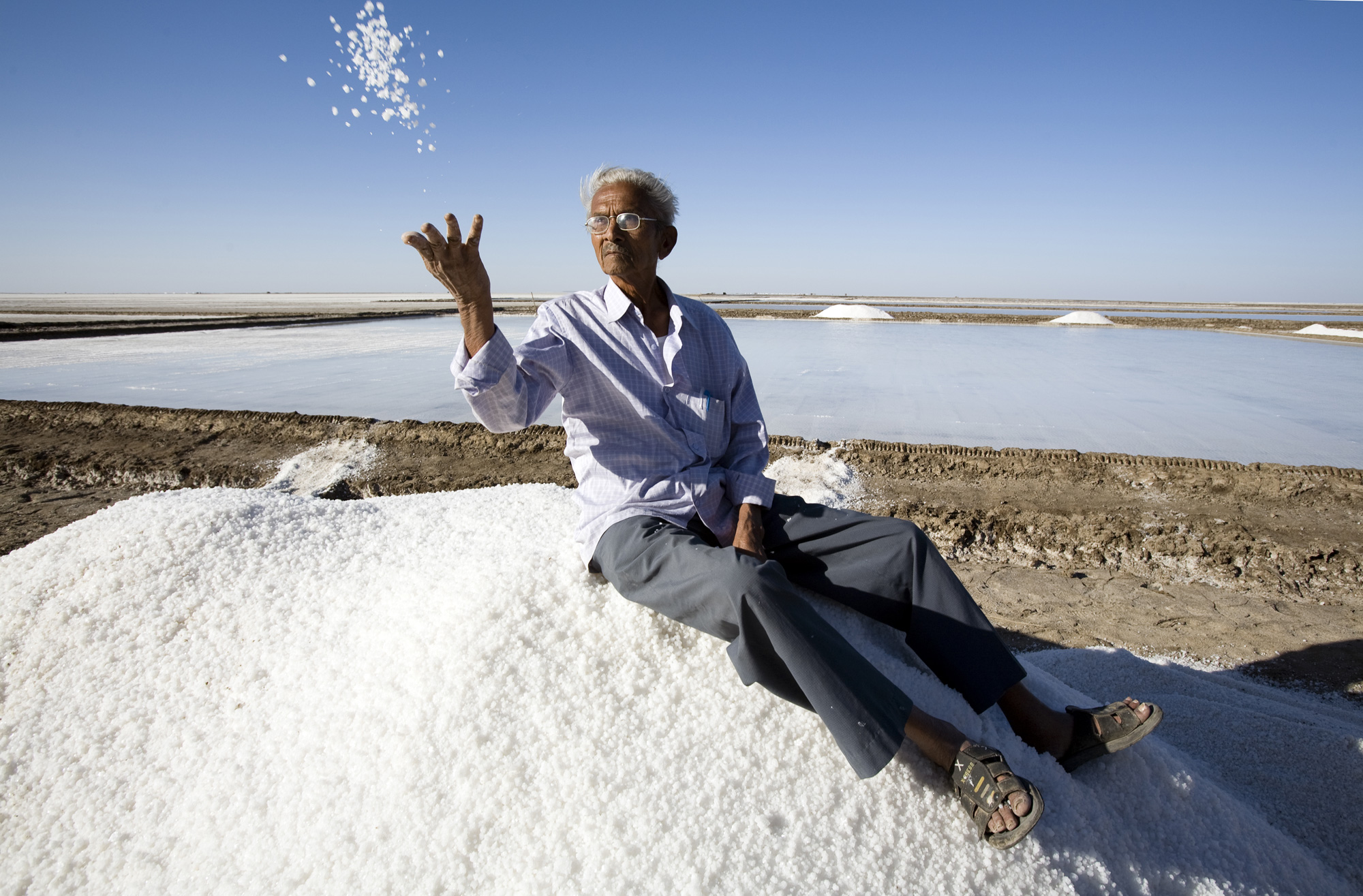Search“co-creation” on the internet, and you will find it described primarily as a marketing technique. A company puts out a product, opens the lines of communication with its consumers and shapes the products based upon the input. This level of interaction is made possible by the immediacy of digital feedback loops and the emerging abilities of manufacturers to customize products. This loop becomes self-reinforcing once the consumers see their ideas implemented and become more tightly wound with the product or brand. There are multiple benefits to this particular co-creative marketing approach, perhaps the most important of which is the reduction of unnecessary and wasteful production. Such an approach is an important step forward from an environmental perspective, yet, this view of co-creation is mostly driven by market share through customer loyalty. Much more than market value is possible through co-creation. If practiced as a community, it can serve as the basis for co-authoring significant portions of economic life, and at the same time re-inspire participation in civil society.
In the study of human creativity, problem solving is a distinct research subset simply because it has a beginning, middle and end, and can be observed in a laboratory. From the standpoint of research, such a neat package makes for measurable outcomes and publishable data. However, if all of our creative thinking were framed around problems and solutions, we’d all be in full-time analysis. Consider instead, the deeper creative processes of imagination, inspiration, and intuition. While they are all at work in our daily lives, they are much harder to grasp. Some simple working definitions are in order. Imagination is the capacity to form recognizable and plastic pictures, and for those pictures to transform through experiencing others’. Inspiration is the energy we breathe in, that renews a sense of what is possible. Intuition is the capacity to know through direct experience without the intellectual or cultural constructs of thinking. These are simplifications of very complex processes, and these “i” words are often misused in popular culture. Further, in some spiritual traditions they have very specific even sacred meanings, and, though I am trying to craft some basic practical concepts, I do so with respect for their spiritual heritage. They are capacities which one can only develop for oneself, and as one develops them one can come to recognize those capacities in others.
Imagination, inspiration, and intuition are capacities rather than outcomes, techniques of knowing rather than ends in themselves. They function most effectively in context of trust, and least effectively in a context of analysis and doubt. Yet they frequently inform, even if unconsciously, problem solving and other forms of decision making, despite the Western dominant culture’s predisposition to have faith or comfort in more “rational” processes.

It is challenge enough for each of us to understand how the capacities of imagination, inspiration, and intuition are at work in each of our lives, and they are present, and sometimes more heightened, when participating in a group. Yet, something new is possible within and through a group that could not be possible for an individual. For example, how many times have you sat in a group that was struggling to see a way forward whatever the situation, when an idea arose that no one person in the group had originally thought of? Where did the idea come from? How could we understand this process as co-creative? I am describing a process in which imagination, inspiration, and intuition are operating as a group capacity, operating in a way that recognizes yet also transcends individual capacities. I would hold that understanding this collectively evolved consciousness, the reality which we co-create with others, is a critical, if difficult to achieve, practice needed for transforming our economic relationships. Imagination, inspiration, and intuition are essential “tools” for understanding not only ourselves but also others with whom we create our interdependent communities.
Co-creation is not some far-fetched idealistic notion. There are long-standing and deep traditions of practice from which to learn, such as Native American Councils and the Quaker Meeting, and more recent ones such as Chaordic Organizations, Goethean Conversation, and Theory U. All these practices acknowledge some spiritual background or presence, and the work is to open as a group to what voice may emerge from silence, deep listening, and attendance to the emergent. These are group wisdom practices that foster and result from imagination, inspiration, and intuition. And these practices are one way of accessing spiritual guidance in organizational decision making. They are not to be taken lightly or used superficially.
One important aspect of co-creation is that while it calls for each person’s highest self, our better nature, it is not a democratic form. Co-creation recognizes the unique capacities and perspectives each person brings to a circle, and eliminates the polarizing affect of competition for power. A decision, or the sense of the group, is a shared emergent experience rather than a voting process in which everyone has to agree. One could say in contrast to the democratic that co-creation is more of a republican form (in the vein of Plato’s Republic) in which the strength of each person is present within collective imagination of community, and that each person carries a sense of responsibility for the whole community.
As with co-creation, an economy is also not a democratic form, but rather a more republican one. An economy thrives out of real interdependence, recognizing the gifts we bear and material needs we have. If our long-term aim is to evolve into an associative economy, which in its simplest form brings together producers, distributors and consumers to set prices, then learning to recognize the importance of co-creative processes and to discipline ourselves to work within them is a critical step along that path. An associative economy will not evolve without the parallel social transformation made real through co-creation.
by John Bloom
John Bloom is the former Director, Organizational Culture at RSF Social Finance.


